COVID19
India has won Covid battle; govt effectively managed pandemic: Indigo CEO
India has won the battle against COVID-19 and the virus will be history by 2023, IndiGo CEO Ronojoy Dutta said here on Tuesday as he lauded the Indian government for doing a “very good” job of dealing with the pandemic.
A study conducted by researchers of Indian Council of Medical Research (ICMR) and Imperial College London has stated that rise in tourism and mass congregations due to social, religious or political events can lead to a surge in COVID-19 cases, worsening an anticipated third wave scenario in India. Dutta said: “I am ready to declare that we have won (over) Covid. It was very bad. Delta came to India first. We had a horrific experience but now, we are back down to 20,000 cases a day.”
Also read: Amazon Web Services launches AWS re/Start in India for skills development in cloud computing
“The way the traffic is coming up, yes, by 2023, I think this (Covid) will be history,” the CEO said during a panel discussion at an annual conference here of the International Air Transport Association, a global airlines body. Dutta said he has to applaud the Indian government for the way it has worked with the Indian aviation industry in gradually scaling up the capacity. When the government had resumed the scheduled domestic flights on May 25 last year after a two-month break, it had allowed the carriers to operate not more than 33 per cent of their pre-Covid domestic services.
The cap has been gradually increased to 85 per cent till date. Dutta had said on July 27 at the quarterly results conference call that the airline would like the government to do away with the cap because “we don’t think they make sense”. Meanwhile, he said on Tuesday that the Indian government “did a very good job managing the COVID-19” pandemic with the aviation industry. “The way they said, let’s take these caps gradually….Let’s start with 33 per cent, then let’s go to 50 per cent. And they always listened to us,” he said.
“We said we have forward bookings, you should increase (capacity cap) if you can, and they have,” he added. The CEO said the Indian government also worked very closely with the aviation industry in resuming international flights with various countries. Currently, the carriers are operating about 70 per cent of their pre-Covid domestic flights within India and approximately 20 per cent of their pre-Covid international flights from India.
India faced a brutal second wave of COVID-19 during March-May period this year. Approximately 4.5 lakh people have died in India due to the virus till date, according to the Union health ministry. The aforementioned study titled ‘Responsible travel to and within India during the COVID-19 pandemic’ was done by Balram Bhargava, Samiran Panda and Sandip Mandal from ICMR and Nimalan Arinaminpathy from Imperial College London, and published in the Journal of Travel Medicine earlier this week.
In their study, the researchers illustrated some possible scenarios in a hypothetical state in India constructed to resemble Himachal Pradesh in the dynamics of its first and second waves, including the much lower seroprevalence of SARS-CoV-2 compared to the rest of the country. “A sudden increase in population density due to incoming tourists or mass congregations due to social, political or religious reasons can worsen the third wave scenario,” the researchers said.


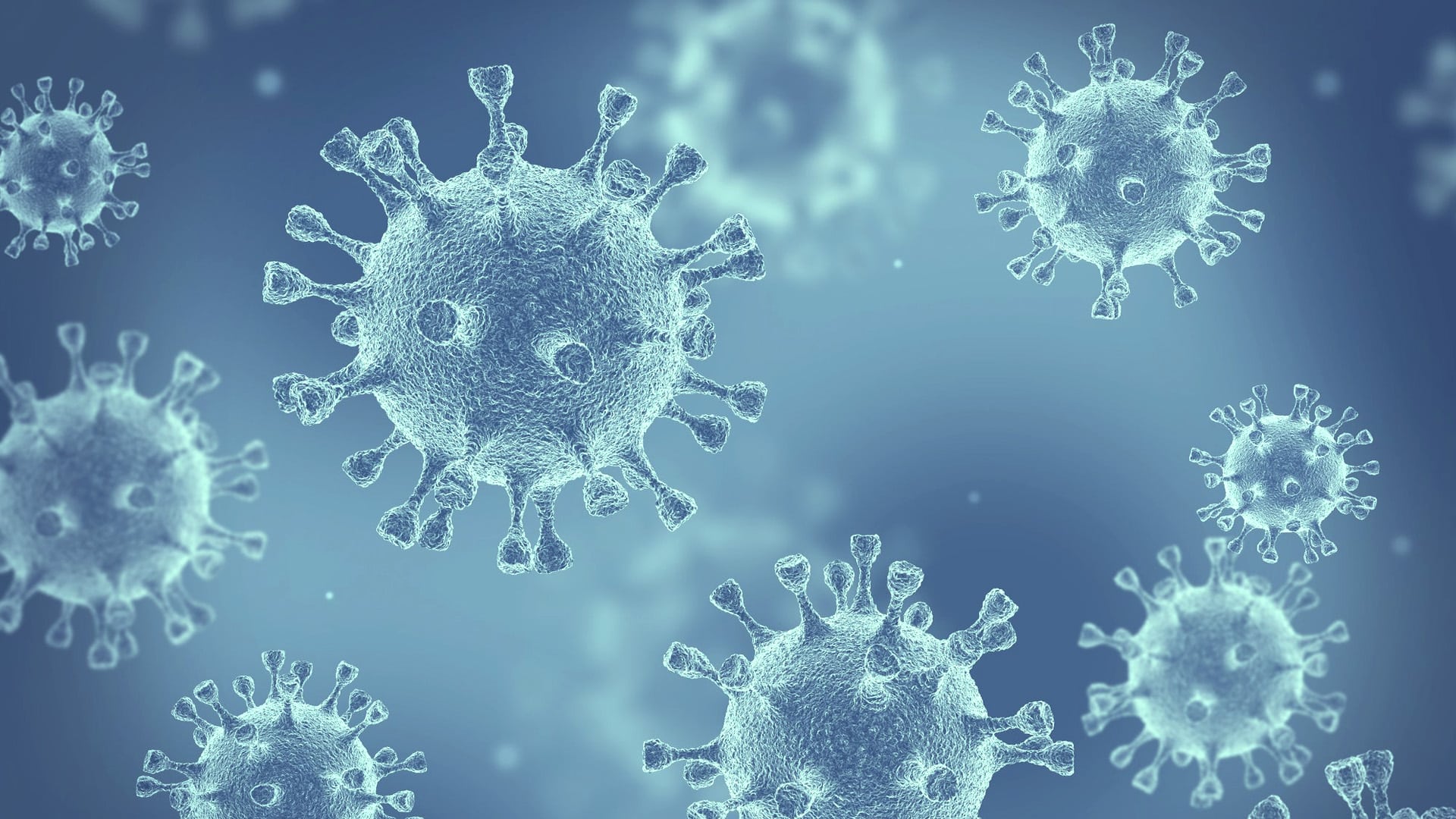




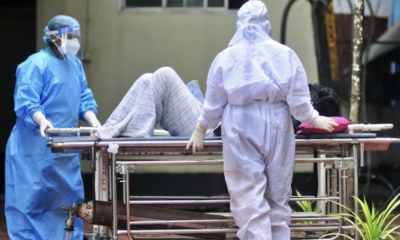
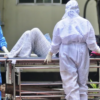




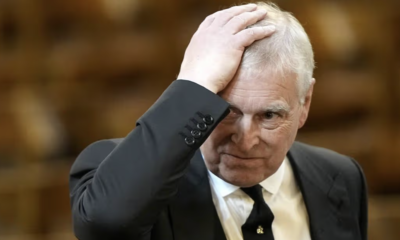

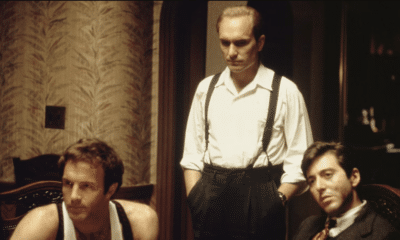
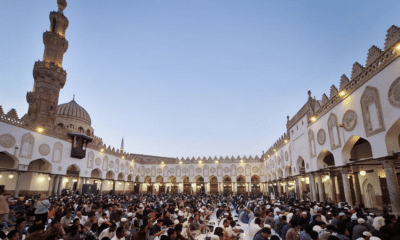



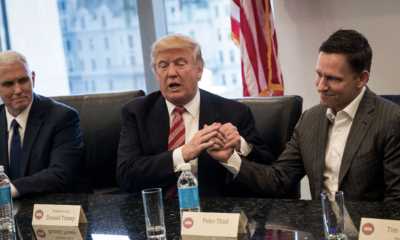




















Pingback: US cannot stop issuing visas during travel bans, federal judge rules